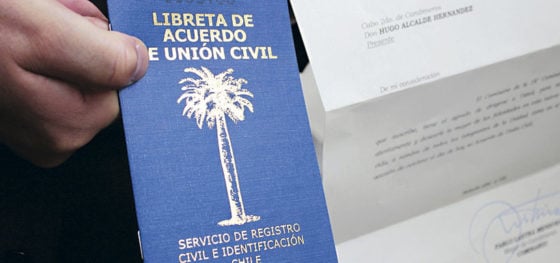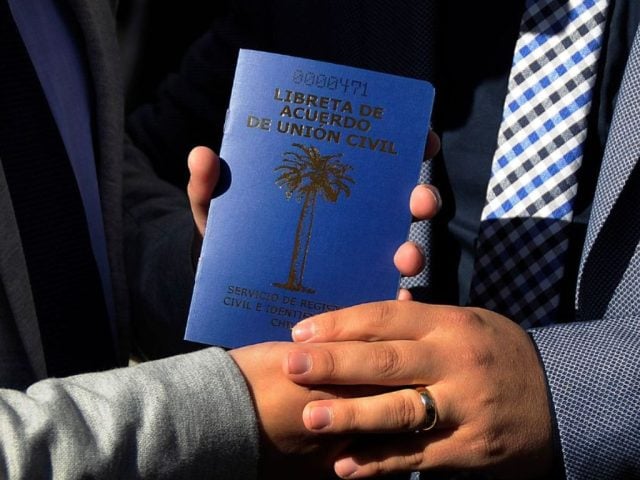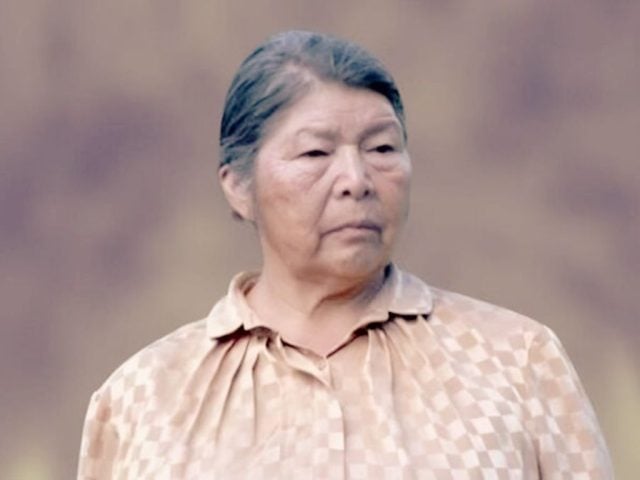Original article: AUC a 10 años: Chile supera las 14 mil uniones del mismo sexo y consolida la diversidad familiar
October 22, 2015, marked a turning point in Chile’s civil rights history. On that day, the first Civil Union Agreement (AUC) was celebrated, promoting the legal recognition of family diversity.
As we commemorate ten years since this landmark event, the Civil Registry and Identification Service reported that there have been 98,379 civil unions nationwide. In 2024, 16,310 agreements were made, the highest number since the enactment of Law 20.830, while over 15,000 have already taken place in 2025, with more than 14,000 corresponding to same-sex couples.
The AUC was the first to recognize same-sex couples as families, granting them rights previously exclusive to marriage: inheritance, health care, social security, and civil status, among others. While it did not equate all rights (such as joint adoption or parentage), it represented an unprecedented advancement that provided visibility and dignity to thousands of LGBTQ+ families, culturally contributing to new family structures in the collective imagination and pushing a paradigm shift vital for the progress towards equal marriage.
A Decade of Recognition for Family Diversity
The National Director of the Civil Registry, Omar Morales Márquez, highlighted that the Civil Union Agreement «was a concrete advancement in recognizing diverse families and expanding civil rights in our country.»
“Ten years after the first agreement, we reaffirm our commitment to inclusion and equality before the law,” he stated in comments collected by Radio Nuevo Mundo.
The implementation of the AUC has had an impact across the country; however, statistics show that the Metropolitan Region accounts for 47% of the unions (45,860). Valparaíso follows with 12,004 unions and Antofagasta with 6,962. Biobío has recorded 5,115 unions.
Regarding property regimes, figures show significant differences based on the type of couple, potentially revealing different perspectives on asset management within the union.
In the case of opposite-sex couples, 58% opted for separation of assets, while 42% chose joint property. Conversely, among same-sex couples, the trend reverses, with 59% selecting joint property against 41% preferring separation of assets.
Overall, considering both types of couples, 55% of all civil unions opted for separation of assets and 45% for joint property.

The Formalization Process
The Civil Union Agreement is formalized before a civil registry official, granting the civil status of civil cohabitant.
To proceed, both parties must meet the following requirements:
-Be over 18 years old.
-Not be married or have another agreement or marriage in effect.
-Formalize the union through a free and voluntary declaration documented in a record signed by the civil official and the parties.
The contract is established through a free and voluntary declaration, recorded in a document signed by the civil official and the parties.
During this process, the property regime governing the union can be agreed upon, reinforcing the legal security of the couples.
The Civil Union Agreement not only represented a milestone in itself but was a crucial step toward more inclusive legislation. When implemented in 2015, it was a pioneer in Chile for granting legal recognition to same-sex couples.
Subsequently, Chile continued to advance in the recognition of rights. On December 9, 2021, the equal marriage law was approved, which came into effect on March 10, 2022. This regulation allowed same-sex couples not only to marry but also to access parentage and joint adoption.










